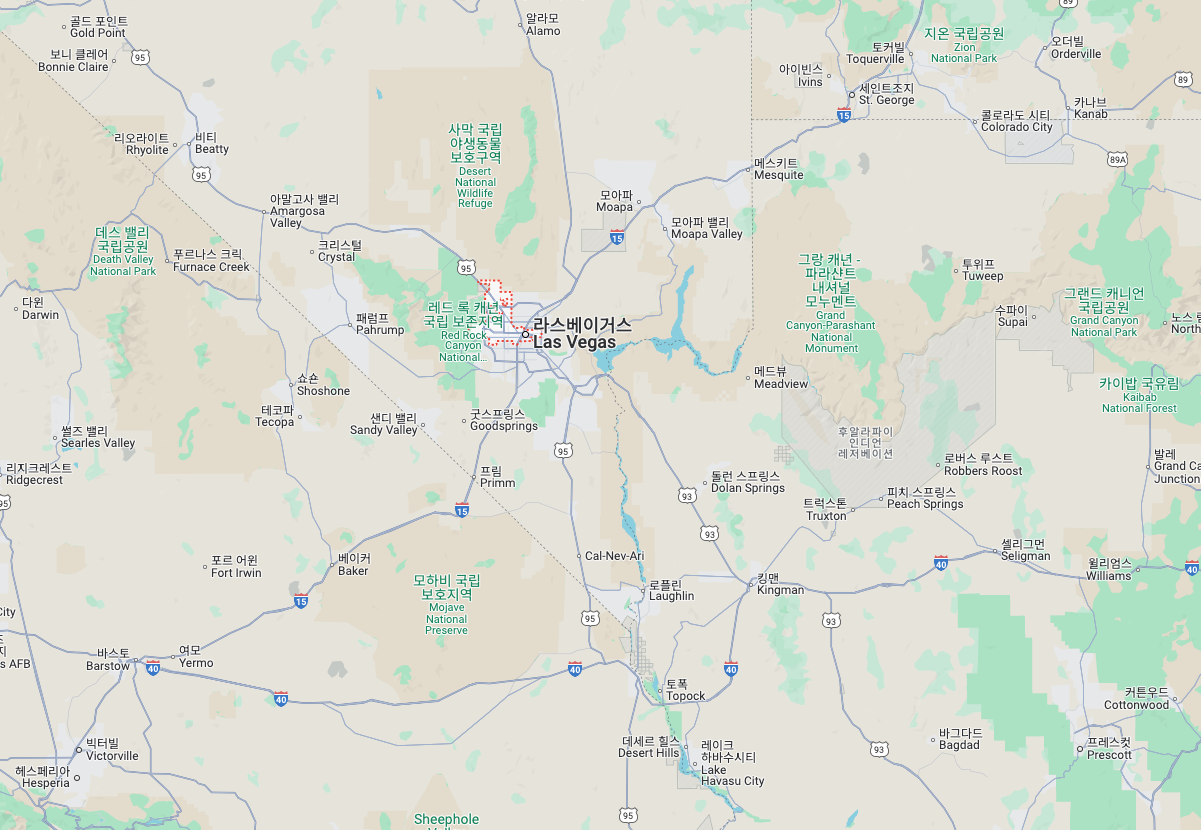When your employer sponsors you for a P-1 visa (one cannot self-sponsor), they need to include documentation that evidences your qualifications. Hayoon Kane Law Firm can assist with the application and address any issues that arise as part of the process.
What Is a P Visa?
If you have specific skills in the fields of athletics, entertainment, or the arts, you can seek a P visa to work temporarily in the United States. The P visa is not considered to be an immigrant visa, meaning that it is only valid for a certain period of time, and it is not similar to a green card. However, you may eventually be able to apply for an adjustment of status, which will convert the visa to a green card.
There are two different subcategories of P visas:
- The P-1A visa is for the purpose of performing at a specific athletic competition, whether they are an individual or part of a team
- The P1-B visa is for those coming to the United States temporarily to perform as a member of an entertainment group that has been established for a minimum of one year and recognized internationally as outstanding in the discipline for a sustained and substantial period of time
How Can I Apply for a P-1 Visa?
You cannot apply on your own for a P-1 visa. You need to be sponsored by a United States employer or organization for this visa. The good news is that they do not first need to seek Department of Labor certification before they are able to apply to the USCIS on your behalf.
The sponsor must file the application with USCIS. Like any other type of application involving employer sponsorship, they will begin the process by filing Form I-129 with USCIS. They need to include supporting documentation that shows you meet the criteria for the individual type of visa category. A P-1 visa attorney can assist the sponsor in preparing the application package, which could include the following:
- A written advisory opinion from an appropriate labor organization or peer group (for an athlete, the letter might be from a sports league or association. For a performer, the letter might be from a labor union)
- A detailed itinerary of events or performances that may include venues and performances
- The copy of an employment contract between the athlete or entertainer and their employer
- Evidence of international recognition in the field (for an athlete, this might include awards, honors, media coverage, or membership in an organization. For an entertainer, the evidence can include reviews, articles, and publicity materials or major awards and nominations)
- Supporting Statements or Letters that can include affidavits or expert letters confirming the applicant’s achievements and recognition in their field or letters and testimonials
- Proof of the Petitioner’s Ability to Pay and their ability to support the applicant when they are in the United States
What Is the Duration and Scope of a P-1 Visa?
Although the P-1 visa does not confer permanent resident status on the holder, you can remain in the United States for a considerable amount of time. The initial visa that is granted by USCIS can be valid for as long as five years. The visa may even be extended through application to the USCIS after the initial term has expired, and it can be good for as long as ten years if the renewals are approved.
Can I Bring My Family to the United States?
When you apply for a P-1 visa, you have the right to apply for a visa for your family members under the P-4 category. You can seek to bring your spouse and unmarried children under the age of 21 into the United States.
There are some limits on the P-4 visa category. While holders may study in the United States, they are not allowed to work in this country until they receive a green card at some point in the future.
Common Challenges in the P-1 Visa Process
USCIS needs to see evidence that you meet the requirements for the individual subcategory of P-1 visa. They will need to see documentation that shows that you may qualify for the visa. USCIS may take issue with individual pieces of documentation, claiming that they do not adequately prove that you meet the requirements. USCIS may send a Request for Evidence when they have any questions about the application that must be answered. It is vital that you take an RFE seriously and spend the time necessary to craft a comprehensive response that will address USCIS’s concerns.
How a P-1 Visa Lawyer Can Help
A P-1 visa lawyer can be instrumental in guiding athletes, entertainers, and their support staff through the complex U.S. immigration process. They help evaluate eligibility, gather strong supporting documentation, and ensure all forms—like the I-129 petition—are accurately completed and submitted on time. An experienced attorney knows how to present a compelling case to USCIS, especially when proving international recognition or handling group petitions. If there are delays, requests for evidence (RFEs), or denials, a lawyer can respond effectively and advocate on your behalf. Additionally, they assist with visa renewals, extensions, and bringing essential support personnel or family members. Working with a knowledgeable P-1 visa attorney greatly improves your chances of approval and avoids costly delays or mistakes.
Contact a Lawyer for Help with an Athlete and Entertainer Visa
The Hayoon Kane Law Firm, PLLC, helps individuals and employers with their immigration law matters, including applications for P-1 visas. You can schedule a free case review with a P-1 visa attorney by filling out an online contact form or by calling us today at (702) 463-7630. Our office is in Las Vegas, NV, and we maintain a national immigration law practice, helping clients in all fifty states.



